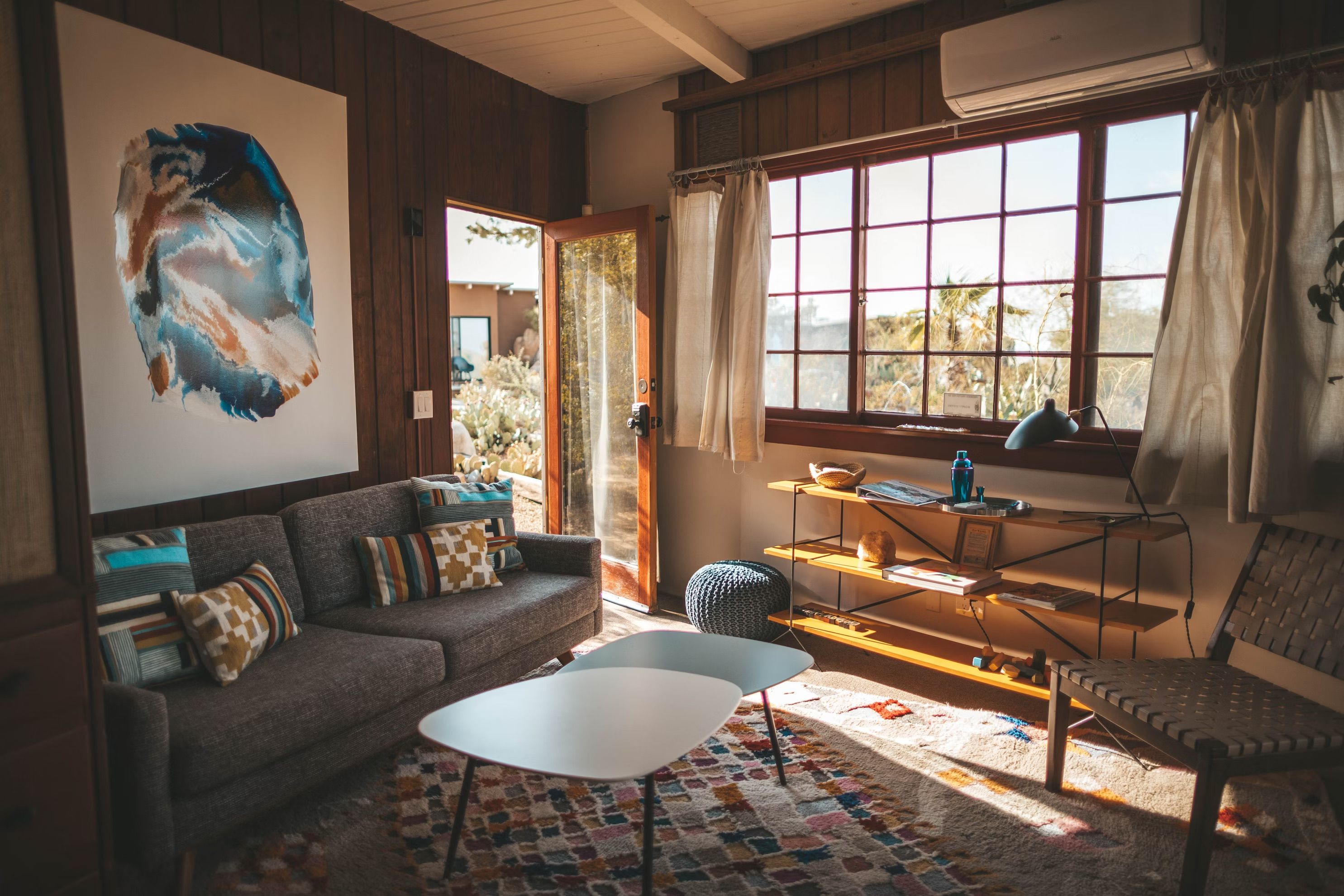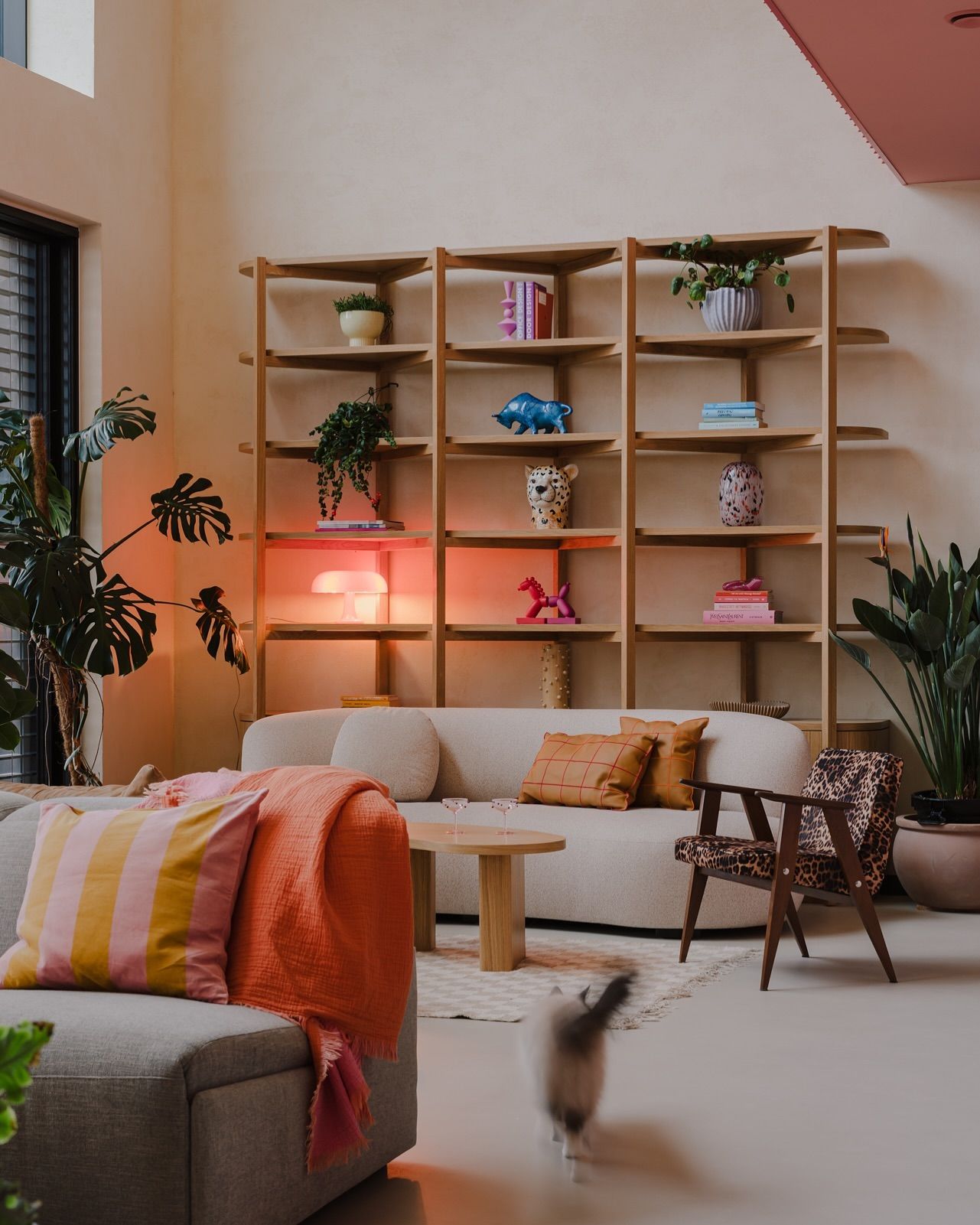Discover Bathroom Sink Drains
Spoken matches bathroom sink drains across 100s of stores to find you the best price.



Quick facts
Can't find the answer you're looking for? Please get in touch with our friendly team.
How do I know what sink drain to buy?
To choose the right sink drain, measure the diameter of your sink's drain hole. Check if you need a standard or specialized drain, like a pop-up or basket type. Consider the material and finish to match your sink and plumbing. Always ensure compatibility with your plumbing system.
How do I know what size my sink drain is?
To determine your sink drain size, measure the diameter of the drain opening using a tape measure or ruler. Common sizes are 1.25 inches, 1.5 inches, and 2 inches. You can also check the sink's specifications or consult the manufacturer's guidelines for accurate sizing.
What is the second drain in a bathroom sink?
The second drain in a bathroom sink is typically the overflow drain. It prevents water from spilling over the edge of the sink by allowing excess water to flow into a separate drain when the sink is too full.
What is the difference between a grid drain and a pop-up drain?
A grid drain has a flat, gridded cover that allows water to flow through but prevents larger debris from entering. A pop-up drain features a stopper that can be lifted to allow water to drain or closed to hold water, making it more versatile for sinks and bathtubs.
What is the difference between P drain and S drain?
P drains and S drains refer to different types of plumbing configurations for sinks. A P drain has a curved shape that prevents sewer gases from entering the home, while an S drain has a similar purpose but is shaped differently, typically used in specific installations.
Are pop-up drains better than regular drains?
Pop-up drains are often considered better than regular drains because they provide a more convenient way to open and close the drain with a simple push. This feature helps prevent debris from entering the plumbing and makes cleaning easier, enhancing overall bathroom or kitchen functionality.
How can I make my bathroom sink drain better?
To improve your bathroom sink's drainage, start by clearing any visible debris from the drain. Use a plunger or a drain snake for deeper clogs. Regularly clean the drain with a mixture of baking soda and vinegar to prevent buildup and maintain flow.
Why does bathroom sink drain keep clogging?
Bathroom sink drains often clog due to hair, soap scum, and toothpaste buildup. Regular cleaning and using a drain cover can help prevent clogs. Additionally, ensure that the plumbing is properly installed and maintained to avoid blockages.
Are bathroom sink drains a standard size?
Yes, most bathroom sink drains are a standard size of 1.25 inches in diameter. However, it's important to check specific sink models, as some may vary slightly. Always ensure compatibility with your plumbing when replacing or installing a drain.
What is the stopper in a sink called?
The stopper in a sink is commonly referred to as a 'drain plug' or 'sink stopper.' It is used to block the drain, allowing water to fill the sink for washing or soaking purposes. Some are operated manually, while others may be controlled by a lever.
What are the parts of a bathroom sink drain?
The main parts of a bathroom sink drain include the drain body, pop-up assembly, tailpiece, and P-trap. The drain body collects water, the pop-up assembly allows for opening and closing the drain, the tailpiece connects to the sink, and the P-trap prevents sewer gases from entering the home.
What is a bathroom sink drain assembly?
A bathroom sink drain assembly is the system that connects the sink to the plumbing. It includes components like the drain, trap, and tailpiece, which work together to remove wastewater and prevent clogs. Proper installation is essential for efficient drainage and to avoid leaks.
What are the parts of a sink drain called?
The main parts of a sink drain include the drain body, flange, tailpiece, P-trap, and drain stopper. The drain body collects water, the flange covers the opening, the tailpiece connects to the trap, and the P-trap prevents sewer gases from entering the home.
Are bathroom sink drains universal?
No, bathroom sink drains are not universal. They come in different sizes and styles, such as pop-up, grid, or basket types. It's important to match the drain with your sink's specifications to ensure proper fitting and functionality.
What are the different types of bathroom sink drains?
The main types of bathroom sink drains include pop-up drains, which have a lever to open and close; grid drains, featuring a fixed grate; and bottle traps, which connect to the plumbing. Each type varies in design and functionality, impacting aesthetics and ease of use.
Category Overview
Introduction
Bathroom sink drains are an integral yet often overlooked component of your home’s plumbing system. They play a crucial role in not just functionality but also in enhancing the overall aesthetic of your bathroom. A well-designed sink drain contributes to both comfort and utility, allowing for efficient water flow while complementing your decor. Whether you’re washing your hands, brushing your teeth, or preparing for a relaxing bath, the right bathroom sink drain ensures that these routines are effortless and pleasant.
Functionality
The primary function of bathroom sink drains is to channel wastewater away from the basin, preventing clogs and ensuring proper drainage. They are essential in various settings—from family bathrooms to guest powder rooms—providing a seamless experience no matter the context. Many modern drain designs come with unique features like anti-clog technology or built-in traps that minimize odors and catch debris. Some even include easy-clean pop-up mechanisms that enhance usability during daily routines.
Design & Style
Bathroom sink drains come in an array of styles and materials designed to match any bathroom theme. Common materials include stainless steel, chrome, and plastic, each offering different aesthetics and durability levels. You can find variations such as traditional finish options that evoke classic elegance or sleek, minimalist designs that cater to contemporary tastes. Personalization is key—selecting finishes like brushed nickel or antique brass allows you to tailor the drain to harmonize with your rustic farmhouse or modern spa-like oasis seamlessly.
Practical Considerations
When choosing the right bathroom sink drain for your home, consider essential factors such as size compatibility with your sink type, material longevity suited for frequent use, and design preferences that align with your existing decor. A common mistake is underestimating the importance of choosing a drain style that complements not just aesthetics but also practical usage needs—such as opting for heavy-duty materials if you have a bustling household. Additionally, ensure that you understand installation requirements; some designs may be more straightforward than others.
Comparison and Alternatives
In comparing bathroom sink drains made from different materials like metal versus plastic, each has its advantages: metal offers durability and aesthetic appeal while plastic is lightweight and inexpensive yet may lack longevity. Drain shapes vary too—round or square options can affect how they fit within different styled sinks or vanities. When selecting a design based on room size or preference, consider wherein the room this fixture will live; smaller spaces might benefit from compact profiles while larger areas could accommodate more elaborate styles.
Trends and Popular Items
Currently trending among homeowners are eco-friendly bathroom fixtures—including sustainable materials for sink drains—and the increased popularity of vintage-inspired designs reminiscent of classic hotel bathrooms. Items such as pop-up drains with exquisite detailing are customer favorites due to their blend of form and function. The rise in interest surrounding spa-inspired bathrooms has also led to requests for sleek finishes like brushed gold which can elevate even simple fixtures into high-impact focal points. By understanding these aspects of bathroom sink drains—from their functionality to current trends—you can make informed decisions that enhance both practicality and beauty in your home’s most personal space.